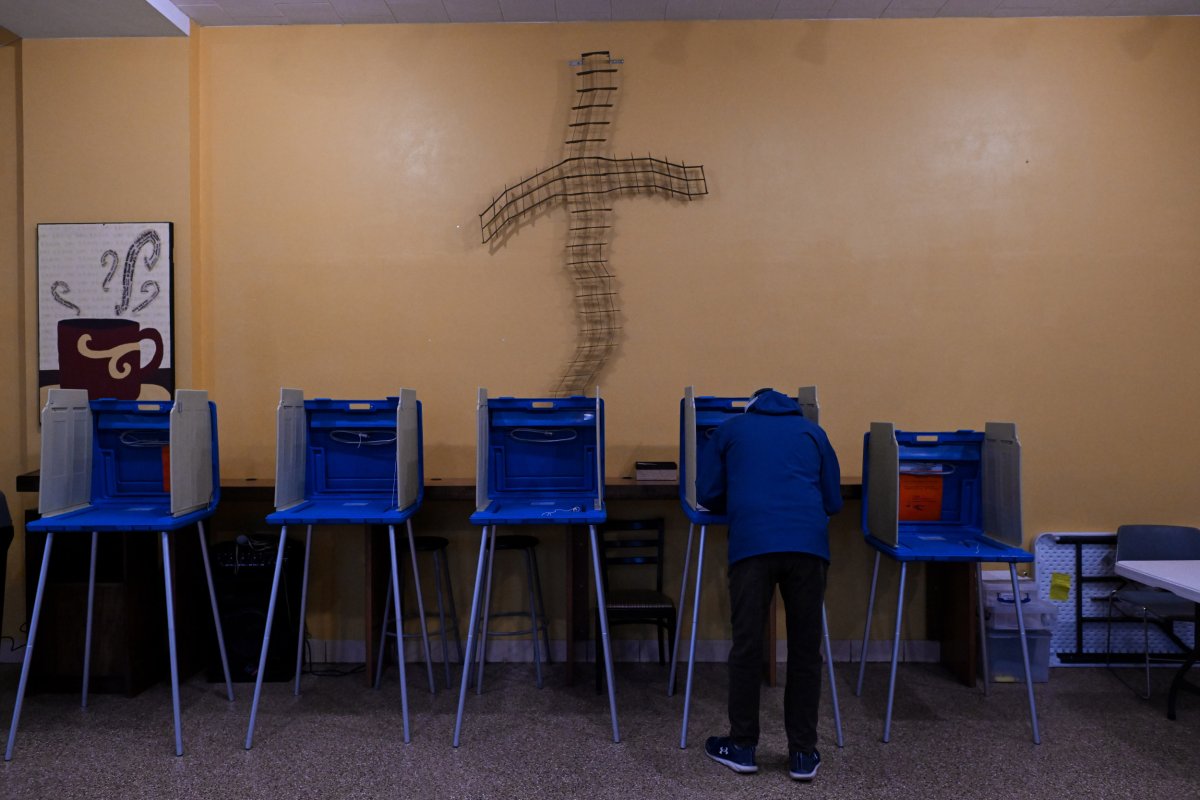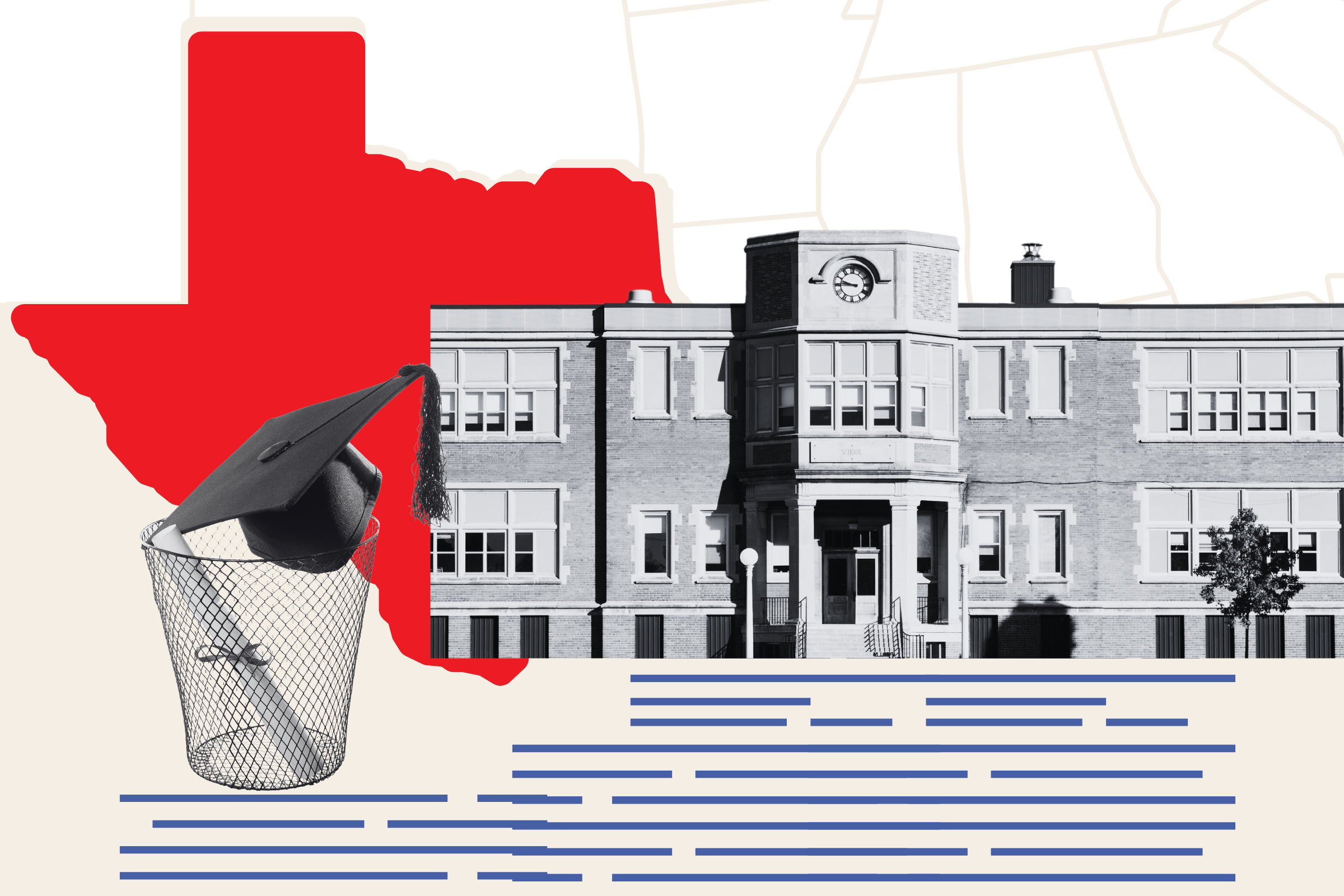Wisconsin's recent election surfaced a sleeper issue that could swing enough votes to determine who takes Wisconsin in November's election, and quite possibly the presidency. The state has been hammered by a rash of nursing home closures across the state. Since 2020, at least 23 nursing homes in Wisconsin have been shuttered, many in rural communities. Dozens more were closed in the preceding four years.
In at least three counties on primary election night on April 2, conservative members of County Boards who led the charge or supported selling their county-owned nursing homes to private companies were caught off guard, given the boot by voters and replaced by candidates who opposed the privatization of these facilities. Unlike nursing homes that make headlines for poor care, these are beloved and longstanding county-owned institutions, often receiving five-star ratings.
The issue of long-term care is especially resonant in rapidly aging swing states such as Wisconsin, Michigan, and Pennsylvania. In Wisconsin, the over-65 population is expected to grow to 1.5 million by 2040. In Michigan and Pennsylvania, the over-60 population is growing faster than any other age group.

The Wisconsin election demonstrated what many residents thought, the privatization of publicly owned senior care facilities is a wedge issue that could swing votes this November. Just this month, President Joe Biden stepped out on the issue of care, speaking at a rally organized by Care Can't Wait, a coalition pursuing a care agenda, committing to big investments in both elder and childcare.
In Wisconsin, conservatives were leading the charge on privatizing publicly owned care facilities. Heading into Wisconsin's recent election, Portage County Board Chair Al Haga said, "Government should not be competing with privately owned nursing homes as they have taxpayers' money to keep it going." He had been leading the push to sell the Portage County Health Care Center, also a senior living facility.
His challenger, Nancy Eggleston, supported keeping the facility publicly owned. "County entities are accountable to the public," Eggleston said to the Stevens-Point Journal. "I would oppose the center's sale. Private companies put profit motives first, which can result in low pay, low morale, and more staff turnover leading to lower quality care." Eggleston won handily, 59 percent—40 percent. Haga was one of five proponents of selling the nursing home who lost their reelection bids.
Don Friske, chair of the Lincoln County Board of Supervisors, led the charge to sell Pinecrest, a beloved county-owned nursing home and five-star facility. In February I attended a meeting of the Lincoln County Board of Supervisors, which Friske chaired. Speaker after speaker came to the podium and made the case for keeping Pinecrest a public facility, as it had been for decades. Residents of the nursing home attended the meeting by Zoom to air their support for keeping the facility county owned.
This was not the first time Lincoln County residents demonstrated their opposition to privatization. Residents, mostly seniors themselves, first gathered 872 petition signatures by hand at bars, barbershops, and churches and delivered them to the board of supervisors with the local paper and area TV news present. Under the banner of "People for Pinecrest" they marched in the Labor Day Parade, passed the hat to run ads opposing the sale in the local paper, showed up at countless county meetings, and organized a mailing of thousands of Christmas postcards to local residents, posing the question, "will there be room at the inn?"
Three weeks before the vote, 140 Lincoln County residents gathered to oppose the sale. Town elders said it was the largest meeting on a public issue they'd ever seen. Despite this resistance, and Pinecrest generating revenue for the county in 2023, the County Board of Supervisors voted 15-6 to sell Pinecrest, bankrolling the sale by providing $2 million in financing, and to sweeten the deal threw in additional county-owned property. At the meeting, Supervisor Julie DePasse said, "I'm confident that people in the private sector can do this better."
There was plenty of evidence of where Lincoln County voters stood on the issue. The Foto-News and the Tomahawk Leader, two local papers, posted a survey asking residents to weigh in on the issue. The central question was "Would you support a property tax increase for five or more years to keep Pinecrest county owned?" A whopping 85 percent of respondents said "yes." This, in a county that voted 63 percent Republican in the last week's election.
That sentiment was evident on election night, as in a result that surprised many, Friske was defeated by Christine Vorpagel, a vocal opponent of the sale of Pinecrest, as she took 55 percent of the vote.
It didn't stop there. In Sauk County, where supervisors have been pushing to privatize the Sauk County Health Care Center, also a nursing home, three supervisors who on March 28 voted to enter into negotiations with a private buyer were voted out and replaced by candidates who opposed the sale.
At least one Wisconsin Democrat running for federal office has made their position clear. Katrina Shankland, state assembly member and candidate for the hotly contested 3rd Congressional District, came out strongly against the privatization of the Portage facility at a recent board of supervisors meeting.
Meanwhile, Wisconsin Republican candidate for enate, Eric Hovde, suggested people living in nursing homes should not be allowed to vote. "If you're in a nursing home, you only have five, six months life expectancy," said the Trump endorsed Hovde. "Almost no one in a nursing home is at a point to vote."
When candidates for president come to Wisconsin, there is now plenty of evidence that having a plan to keep nursing homes in small towns publicly owned is not only the right thing to do but appears to be winning politics too.
George Goehl is a longtime community and political organizer. Following the election of Donald Trump, he helped build one of the largest progressive rural organizing efforts in the country. He is the director of Addition Action and the host of the podcast To See Each Other, which tells the story of rural people fighting for social justice.
The views expressed in this article are the writer's own.
Uncommon Knowledge
Newsweek is committed to challenging conventional wisdom and finding connections in the search for common ground.
Newsweek is committed to challenging conventional wisdom and finding connections in the search for common ground.
About the writer
To read how Newsweek uses AI as a newsroom tool, Click here.








